Is it ethical?



While I’m not a big supporter of cryptocurrency, I am a supporter of utilizing blockchain technology in other areas. For example. logistics. The Linux Foundation announced the creation of the Hyperledger Grid project just for that purpose. However, as they state, this isn’t a software project, but a platform project.
Supply chain is commonly cited as one of the most promising distributed ledger use-cases. Initiatives focused on building supply chain solutions will benefit from shared, reusable tools. Hyperledger Grid seeks to assemble these shared capabilities in order to accelerate the development of ledger-based solutions for all types of cross-industry supply chain scenarios.
Grid intends to:

Blockchain ‘as disruptive as the Web’?
Blockchain is featured as a disrupting technology in the Tech Trends 2019 report published by Big Four audit and consulting firm Deloitte on Jan. 16.
According to one article in the report, “[a]dvanced networking is the unsung hero of our digital future,” and blockchain is cited as a part of it. The report — which mentions blockchain 25 times — notes that blockchain is among the technologies the importance of which is growing rapidly and still on its path towards mass adoption.
The report also cites a International Data Corporation’s (IDC) projection from last year that states worldwide spending on blockchain solutions will reach $9.7 billion in 2021. Another IDC’s prediction sees the spending hitting $11.7 billion in 2022.

Blockchain shows major potential to drive positive change across a wide range of industries. Like any disruptive technology, there are ethical considerations that must be identified, discussed, and mitigated as we adopt and apply this technology, so that we can maximize the positive benefits, and minimize the negative side effects.
Own Your Data
For decades we have sought the ability for data subjects to own and control their data. Sadly, with massive proliferation of centralized database silos and the sensitive personal information they contain, we have fallen far short of data subjects having access to, let alone owning or controlling their data. Blockchain has the potential to enable data subjects to access their data, review and amend it, see reports of who else has accessed it, give consent or opt-in / opt-out of data sharing, and even request they be forgotten and their information be deleted.
Monetize Your Data

I love hearing the enthusiasm and joy in the voices of first time home buyers who are going to save money, bond and remodel their house together. Brand new doctors, seasoned lawyers, accountants, project managers, the boldest of GenX and Millennials who grew up swinging VR joystick in lieu of hammers. But they’ve watched Property Brothers and Love It or List and have the best database of YouTube videos for home remodeling in their entire subdivision or building. They even park in the “Pro” section at Home Depot and have their very own monogrammed Leatherman construction gloves.
You can remodel your own home. Even “just” your kitchen or “just” your bathroom. You can read and have all the resources at your disposal. But don’t. Don’t even fucking think about it. Remember how you tried to cook Thanksgiving dinner last year and ended up burning up your kitchen, which is why you need to replace it? Those were simple enough directions too, right?
But what does this have to do with blockchain and more importantly your business?
Glad you asked. Well, your business is like your house. Blockchain is like a remodel. You can do it yourself. You’re after all a pro at your business. But your business isn’t blockchain. Your business is shipping, consulting, farming, logistics, banking, money exchange, insurance, lending, maybe even selling pizzas. Your business is a business. Your business isn’t a way of doing business or a business tool like blockchain. Your business is a way of generating you income to provide for your family, workers, community, financial security and future. It ain’t a way to decentralize any of those, unless you want to find out what a “decentralized” retirement looks like. (Hint, think working poor at 75 years old. #GigEconomy).
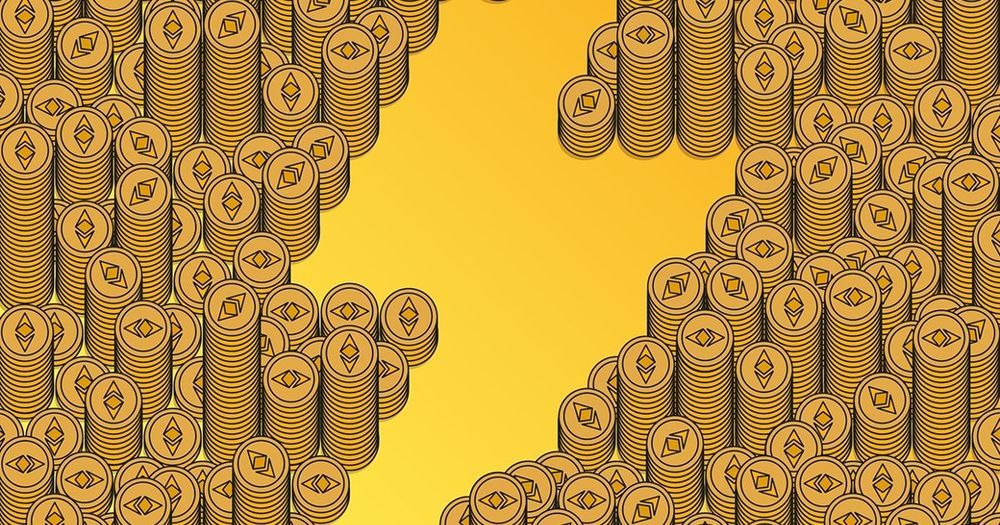
The problems with cryptocurrencies and their energy usage are well-known. However, Ethereum is planning to address the issue. They’re planning on doing a 99% decrease in the amount of energy used in obtaining new coins.
It would be good for other cryptocurrencies to take this problem just as seriously.
The cryptocurrency is going on an energy diet to compete with more efficient blockchains.
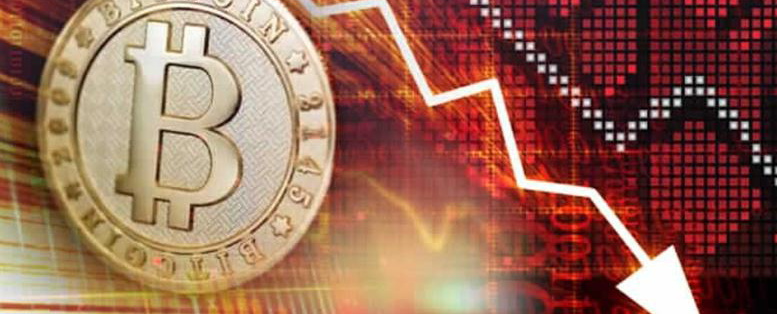
Join me for a quick review of the spikes & dips in the Bitcoin exchange rate. This time, it’s all about one very simple chart…
The chart below shows a history of BTC price spikes, dips and recovery. Click to enlarge, then start at the top—and move down.
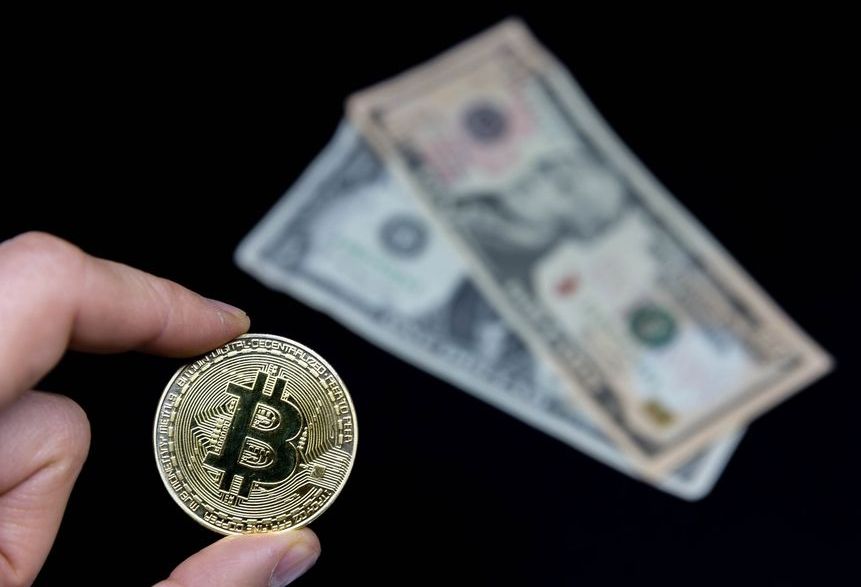
https://paper.li/e-1437691924#/
Amidst various sanctions by the United States, Russia might buy Bitcoins in the Billions as a way to mitigate these sanctions.
According to Vladislav Ginko who is a lecturer at the Russian Presidential Academy of National Economy and Public Administration, the Russian government which sits on $466 Billion of reserves is planning to invest heavily into Bitcoin. He told Micky that he believes the government could start investing Billions in Bitcoin as early as next month which could potentially trigger a bull run.
Since 2012, the U.S has imposed over 60 rounds of sanctions against Kremlin, many of which do not have clear paths to get lifted. Sanctions are a way to achieve certain objectives (mostly political) in a nonviolent way, Russia certainly does not take this lightly and will try to mitigate these sanctions in any way possible.
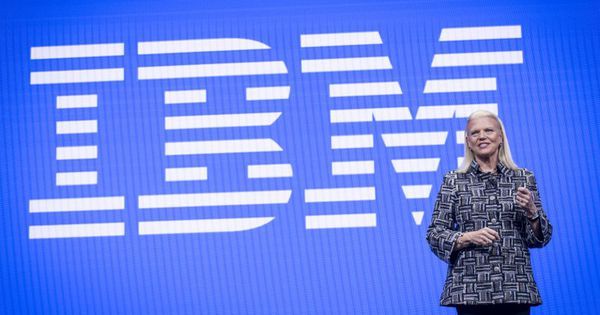
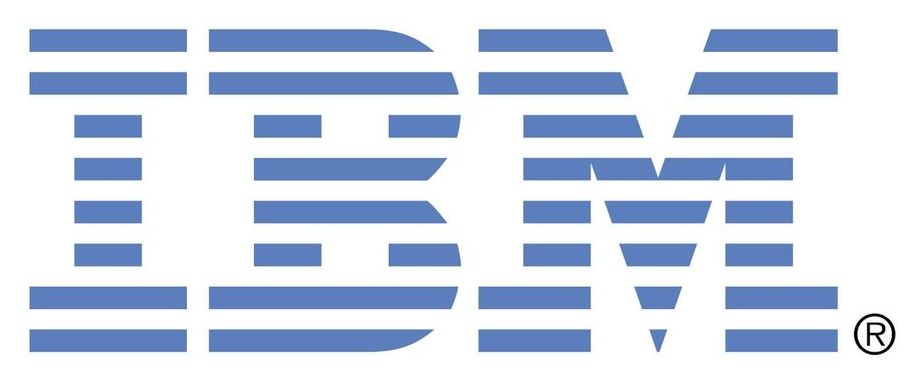
ARMONK, N.Y., Jan. 4, 2019 /PRNewswire/ — IBM (NYSE: IBM) Chairman, President and CEO Ginni Rometty will deliver the opening keynote at CES 2019 on Tuesday, Jan. 8. CES is the largest and one of the most influential technology events in the world.
Rometty will show how technologies like artificial intelligence, blockchain and cloud are reshaping the world of business, and, in turn, our daily lives. She also will talk about what’s coming next in these pioneering technologies – and how new data will revolutionize how we live, work and play. Rometty shares perspective on the future of technology in the Consumer Technology Association magazine It Is Innovation (i3) CES edition: https://www.nxtbook.com/nxtbooks/manifest/i3_20190102
Rometty will be joined onstage by Ed Bastian, CEO of Delta Air Lines; Charles Redfield, executive vice president of Food for Walmart; and Vijay Swarup, vice president of R&D for ExxonMobil.